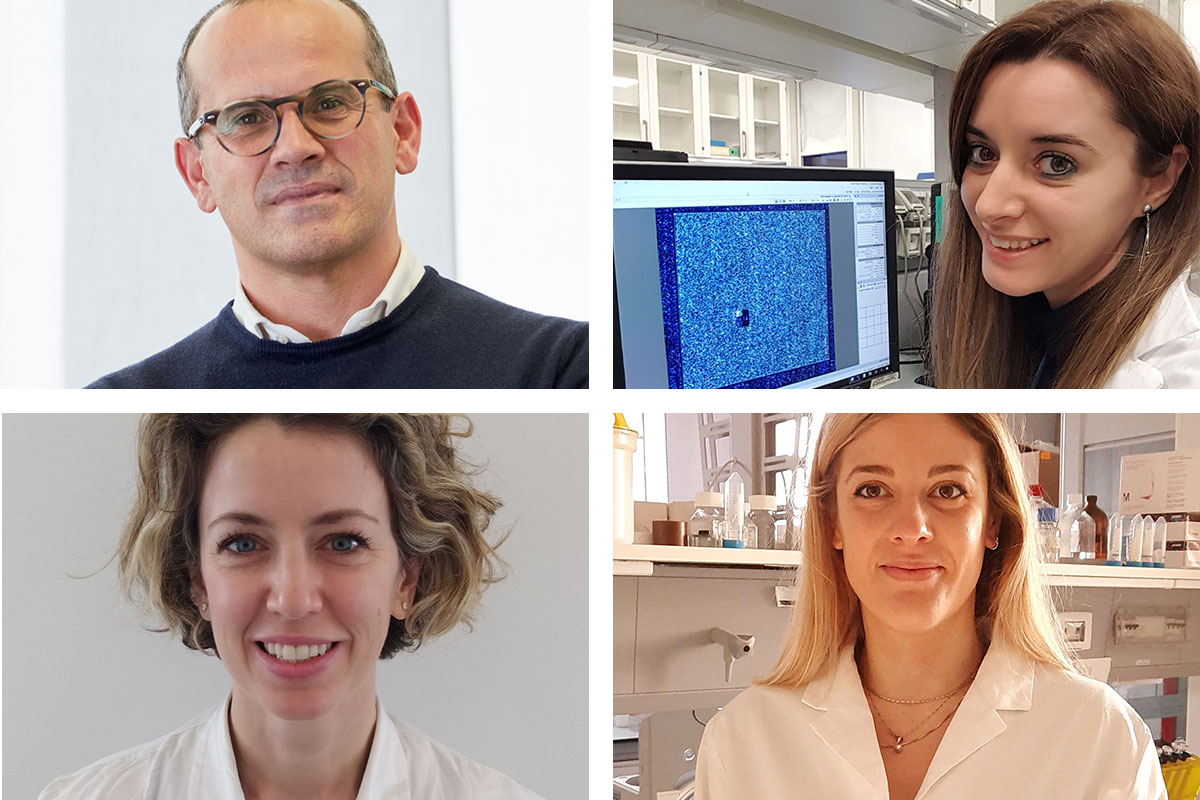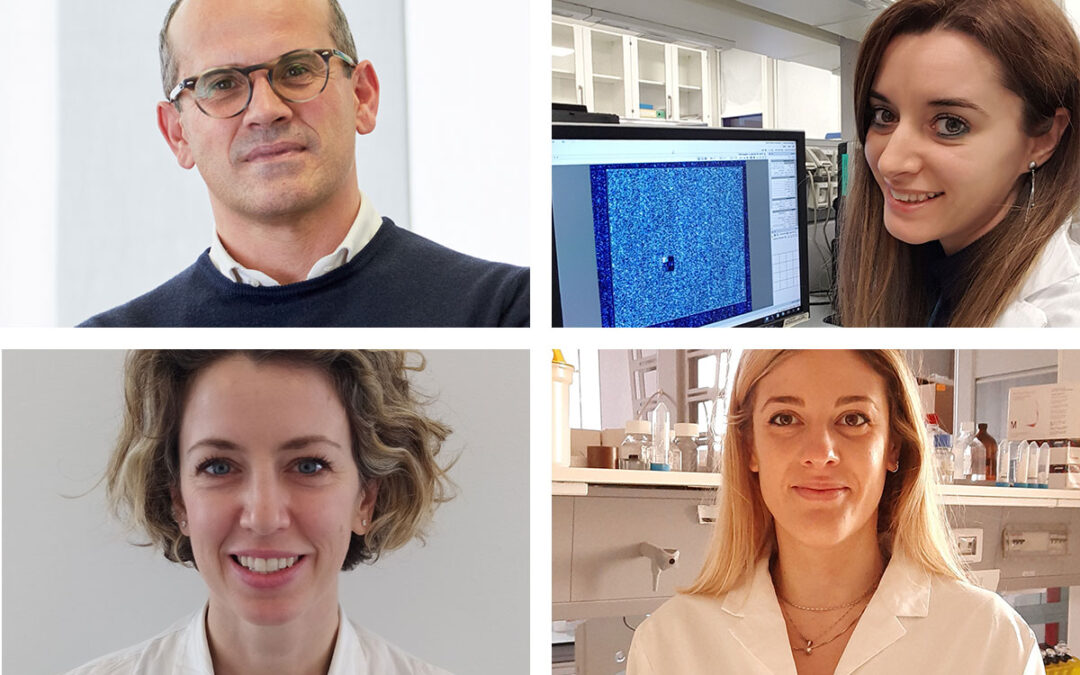The value of the research carried out by the Pediatric Research Institute achieves broader recognition. Four of our researchers have been given prizes.

Marco Agostini, coordinator of the research area in medical biotechnologies and principal investigator of the nano-inspired biomedicine laboratory, of the Pediatric Research Institute, is the winner of the Takeda Prize, OPEN INNOVATION AWARD the first call for proposals created by Takeda Italia. The prize rewards innovation and originality by financing projects whose main aim is to improve the management of pathologies of the gastrointestinal tract and of the quality of life of the patients affected, offering solutions that can also facilitate the job of the caregivers. In the research category the jury awarded the prize, worth 35,000€, to the project “Integrated model of extracellular matrix-organoids derived from the patient to predict the chemotherapy response in patients affected by hepatic metastasis from colorectal cancer”, presented by Marco Agostini researcher at Padua’s Pediatric Research Institute.
Elena Poli, a researcher of advanced diagnostics and target discovery in rare pediatric solid tumours, has been awarded a prize by the Umberto Veronesi Foundation for the Progress of Science for the project on the integration of immunoproteomics analyses and gene expression to identify the antigens associated to rhabdomyosarcoma (RMS), the most common soft tissue sarcoma in pediatric age and highly aggressive when there are metastasis at the diagnosis or recurring after the first line treatment. Immunotherapy is an innovative and effective therapeutic approach that uses the immune system’s ability to recognise the tumour, increasing its effect in order to eradicate it. The neoplastic cells are recognised as foreign by the organism, generating a cell-mediated or humoral immune response, the latter with the production of antibodies against the antigens of the tumour. The aim of the project will be the immunological and molecular characterisation of the RMS, by using immunoproteomics approaches, to look for the circulating antibodies in the blood and sequencing to analyse the tumoral gene expression. The combination of these analyses technologies will be used to identify the surface tumoral antigens associated to RMS, suited for the development of immunotherapy approaches through antibodies or cells of the immune system.
Alice Cani, gene expression profiling and next generation sequencing in Jmml and B All, has been awarded a prize by the Umberto Veronesi Foundation for the Progress of Science for the project to study the role of exosomes in B-cell acute lymphoblastic leukemia. The aim of the project is to study the information contained inside the exosomes collected from pediatric patients with B-cell acute lymphoblastic leukemia, to assess their role in the cell-cell communication, in the progress of the tumour and in the resistance to therapy. The project will be carried out at the oncohematology, staminal cell transplant and gene therapy laboratory, coordinated by professor Alessandra Biffi, at the Pediatric Research Institute.
Claudia Tregnago postdoc in the target discovery and biology of the acute myeloid leukemia group, has been awarded a prize by the Umberto Veronesi Foundation for the Progress of Science for the project on the use of Thioridazine analogues for a focused treatment of acute myeloid leukemia.
Pediatric acute myeloid leukemia is often associated to a fatal prognosis due to treatments that are still not very effective, especially for certain genetic subtypes. A medicine originally used to treat schizophrenia has been found to be effective in reducing the leukemia, but with serious collateral effects on the central nervous system, such as sedation and apathy. To try and eliminate these effects, so that it can be used in the treatment of pediatric patients, we have generated new analogous compounds. The aim of the project will be to test these compounds in order to identify the most promising ones and assess their effectiveness and safety in use. We will define the dosage that will have the maximum pharmacological efficiency without inducing the collateral effects on the central nervous system and at the cardiac level. We will test whether the combination of the new compound with low doses of chemotherapy will be able to improve the treatment of leukemia, whilst also allowing a reduction of the toxic effects, with a considerable advantage for the patients.
The Veronesi Foundation has been financing young researchers working in the most advanced sectors of oncology, cardiology, neuroscience and nutritional genomics since 2003.

